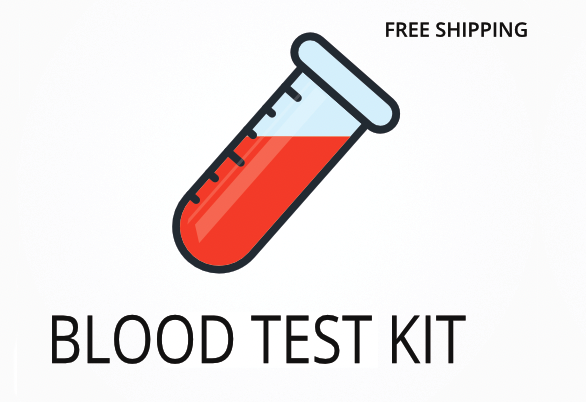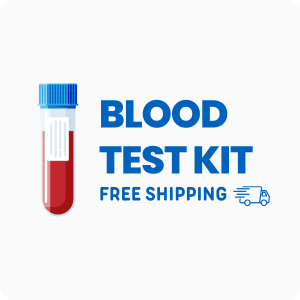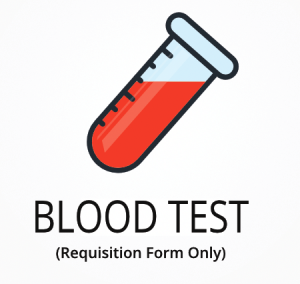| Test Name | Reference Range | Significance | High Levels of Allergix IgG4 & IgE Food Antibodies Profile | NY |
|---|---|---|---|
| IgG4 Food Antibodies | |||
| Almond, Apple, Apricot, Asparagus, Aspergillus Mold, Avocado, Banana, Barley, Bean (String), Beef, Black Pepper, Blueberry, Broccoli, Cabbage, Cantaloupe, Carrot, Casein, Cashew, Cauliflower, Celery, Chicken, Chocolate, Cinnamon, Clam, Coconut, Codfish, Coffee, Corn, Crab, Cranberry, Cucumber, Egg White, Egg Yolk, Flounder, Garlic, Ginger, Grape, Grapefruit, Halibut, Honeydew, Lamb, Lemon, Lentil, Lettuce, Lima Bean, Lobster, Mackerel, Malt, Milk, Mushroom, Mustard Seed, Navy Bean, Oat, Olive, Onion, Orange, Oyster, Pea (Green), Peach, Peanut, Pear, Pecan, Pepper (Green), Pineapple, Pinto Bean, Pistachio, Pork, Potato, Rice, Rye, Salmon, Sesame, Shrimp, Soybean, Spinach, Strawberry, Sunflower, Sweet Potato, Tea, Tomato, Trout, Tuna, Turkey, Vanilla, Watermelon, Walnut (English), Wheat, Yeast (Baker’s), Yeast (Brewer’s), Zucchini | Negative: <0.10 Equivocal: 0.10–0.19 Positive: ≥0.20 |
These markers show if your immune system is reacting to specific foods or molds. High levels may point to delayed food sensitivities that can cause symptoms hours or days after eating. | High levels of IgG4 food antibodies mean your immune system is reacting to that food or mold, which may be linked to symptoms like bloating, headaches, or skin issues. |
| IgE Food Antibodies | |||
| Almond, Blue Mussel, Brazil Nut, Buckwheat, Coconut, Cod, Corn, Cow’s Milk, Egg White, Hazelnut, Oat, Peanut, Rice, Salmon, Sesame, Shrimp, Soy, Total IgE, Tuna, Wheat | Negative: <0.35 Equivocal: 0.35–0.69 Positive: ≥0.70 |
These markers detect immediate allergic reactions to foods, which can cause symptoms like hives, swelling, or stomach pain soon after eating. | High levels of IgE food antibodies mean your immune system is producing IgE antibodies to that food, which may cause immediate allergy symptoms. |
| Total IgE | 0–100 | Total IgE measures the overall amount of IgE antibodies in your blood, which can be raised in allergies, asthma, or some immune conditions. | High levels of total IgE mean your body may be reacting to one or more allergens, which can increase the risk of allergy symptoms. |
Medical Review Board
Reviewed by Jeff Donohue M.D. from Body Logic and Brady Hurst DC, CCCN. Written by True Health Lab’s team of editorial health contributors.
Disclaimer: This information is for educational purposes only and not intended as medical advice. Consult your healthcare provider for personalized guidance.
Why Customers Trust True Health Labs - What People are saying
Also rated 4.6 out of 5 based on 3452 ShopperApproved reviews- See all TrueHealthLabs.com reviews.










